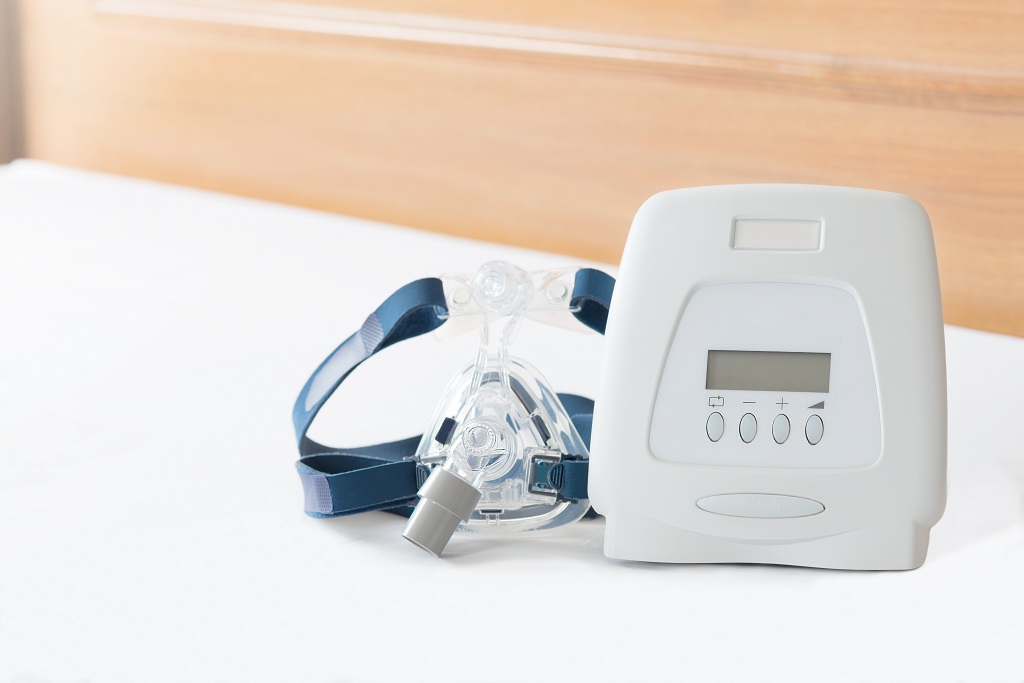
Have you been tossing and turning night after night? Are you waking up feeling tired, groggy, and not at all rested? Getting a good night’s sleep is essential to be able to properly function in day-to-day activities. That’s why if the sandman has been skipping you most nights, it’s time to find out why you’re not getting a good night’s sleep. There are many external reasons why a good night sleep evades a person, however, there’s only one test that can tell a person if the reasons are internal or external.
What Is It?
Overnight Oximetry tests for the purposes of home oxygen qualification. The test itself measures the oxygen levels in the blood. This procedure is simple, easy, and painless. It tracks how well oxygen is being sent to parts of your body furthest from your heart, such as the arms and the legs.
How Does It Work?
Typically, this procedure is done as an outpatient treatment. This means that anyone undergoing this test will also get to go home the same day. The procedure practices itself may vary from person to person, and it is also dependent on the type of condition being tested. However, in most cases, the procedure will go something like this: first, a clip-like device, which is called a probe, is placed on a body part, such as a finger or an earlobe.
The probe uses light to measure how much oxygen is in the blood. Next, the DME provider will connect the oximeter to their PC and upload the test data to a HIPPA compliant server. A physician prescribes the overnight oximetry tests and that same physician will go over the test results as well.
Who Might Need Oximetry?
Since this type of test determines if there is enough oxygen in the blood, there are several instances in which someone and their doctor might need that information. For example, someone who is about to undergo surgery or a procedure in which they will be sedated will need to see how much oxygen is in their blood. Doctors who are monitoring a patient’s lung health through the use of lung medication may need to see if the medication is actually working.
During rehabilitation, a doctor will need to check blood oxygen levels to determine if a person can handle increased activity levels. Individuals, who are struggling with breathing, even during light to minor activity, will be checked to see if they need a ventilator. Finally, this treatment is most popular for those who suffer from sleep apnea, which is when breathing stops while sleeping.
What Causes Low Oxygen?
When talking about what causes low oxygen levels, specifically in those who suffer from sleep apnea, doctors will look at the pressure being placed on your left ventricle in the heart. This pressure is directly caused by low oxygen levels and due to this pressure; your body will read this as needing to relieve pressure by making and releasing urine. If you are someone who wakes in the middle of the night with a feeling of a pounding in your chest or wakes up with irregular heartbeats, you need to be tested for severe sleep apnea.
What Is A Good Oxygen Level During Sleep?
Typically, a good level of oxygen saturation in the blood is around 94%. Anything below that, even at 92%, is a sign that you may be suffering from breathing problems during sleep. These breathing problems include sleep apnea, severe snoring, COPD, and even asthma. It’s important to know how much time is spent below the 94%, as some dips in oxygen levels do not last long enough to be rendered severe or dangerous. Only an oximetry test can determine this to be true or not, though.
It’s time to take back the night and finally get some sleep. If a good night’s rest has been keeping you from living your best life, don’t wait another minute! Only a medical physician can administer an oximetry test so it’s important to speak with your doctor as soon as possible to make an appointment. Stop living a tired life and start living your best life.
VirtuOx is the leader in home sleep tests and pulse oximetry.
Click the link below to get more information plus to receive a FREE Report…